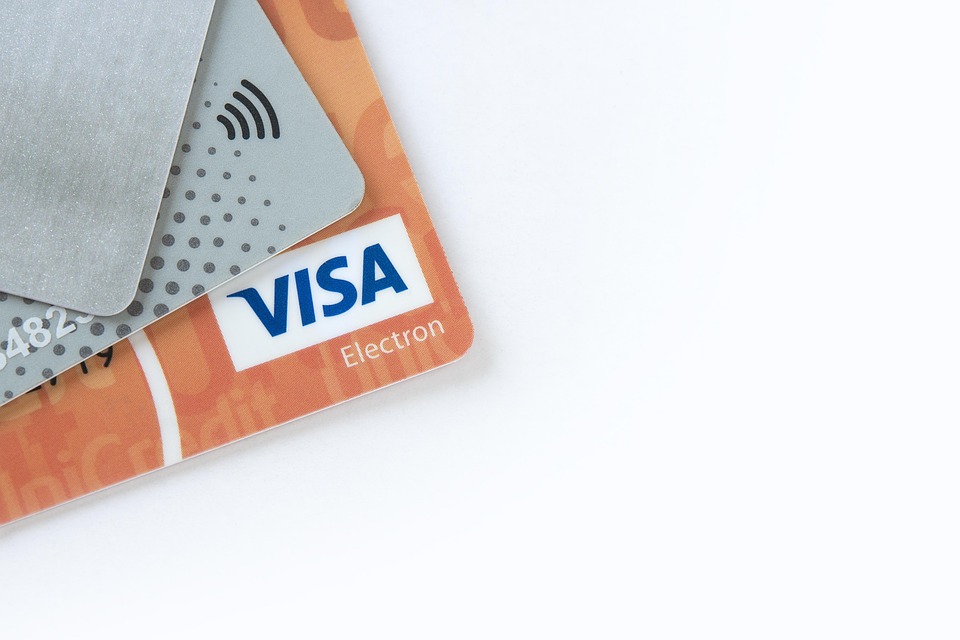Understanding Loan Consolidation: A Comprehensive Guide
Loan consolidation is a financial strategy that many borrowers consider when looking to manage their debt more effectively. This guide will delve into what loan consolidation is, its benefits and drawbacks, and the different types of loans that can be consolidated. Whether you are a student, a homeowner, or simply someone wrestling with multiple debts, understanding loan consolidation can help you make informed decisions about your financial future.
What is Loan Consolidation?
Loan consolidation refers to the process of combining multiple debts into a single loan. This can simplify your financial situation by reducing the number of monthly payments you need to manage. Instead of keeping track of various loans with different interest rates, payment dates, and terms, consolidation allows you to streamline everything into one loan with a single monthly payment.
Types of Loan Consolidation
There are several types of loan consolidation options available, each suited for different types of debt. Here are the most common forms:
1. Student Loan Consolidation
For graduates with multiple student loans, federal loan consolidation programs allow borrowers to combine their federal education loans into a single Direct Consolidation Loan. This can simplify repayment and may offer access to alternative repayment plans and forgiveness programs.
2. Credit Card Debt Consolidation
Credit card debt can be consolidated through personal loans or balance transfer credit cards. A personal loan can provide a lump sum to pay off credit cards, resulting in a fixed monthly payment over a set period, typically at a lower interest rate than credit cards. A balance transfer card allows you to transfer your existing credit card balances to a new card, often with introductory 0% interest for a limited time.
3. Mortgage Consolidation
Homeowners can consolidate loans by refinancing their mortgage to include other debts, such as credit cards or personal loans. This can potentially offer lower interest rates and extend payment terms, making monthly payments more manageable.
4. Personal Loan Consolidation
If you have multiple personal loans, consolidating them into one personal loan can simplify your finances. This approach allows you to potentially secure a lower interest rate and extend the repayment period.
Benefits of Loan Consolidation
Understanding the advantages of loan consolidation can help you determine if it’s the right choice for you:
– **Simplified Payments**: Managing one loan with a single monthly payment is easier than juggling multiple payments.
– **Lower Interest Rates**: If you can secure a loan with a lower interest rate than your existing debts, you may save money over time.
– **Extended Repayment Term**: Consolidation may allow for longer repayment terms, which can reduce monthly payments, even if it means paying more interest in the long run.
– **Improved Credit Score**: By consolidating and paying off debts, you may positively affect your credit utilization ratio, potentially improving your credit score.
Drawbacks of Loan Consolidation
While loan consolidation can offer significant benefits, it also has its downsides:
– **Potential for Higher Overall Costs**: If you extend the repayment term, you might end up paying more in interest over the life of the loan.
– **Loss of Benefits**: When consolidating federal student loans, some benefits, such as interest rate discounts or loan forgiveness options, may be lost.
– **Fees and Penalties**: Some consolidation loans may come with fees, and there could be penalties for paying off existing loans early.
Is Loan Consolidation Right for You?
Deciding whether to consolidate your loans is a personal decision that depends on your unique financial situation. Consider the following questions:
– What types of debts do you have, and what are the interest rates?
– Are you struggling to make multiple payments each month?
– Would a lower monthly payment or interest rate significantly improve your financial situation?
It’s also wise to consult with a financial advisor or a credit counselor to evaluate your options and create a plan tailored to your needs.
Conclusion
Loan consolidation can be a useful tool for managing debt and simplifying your financial life. By understanding the various types of consolidation, their benefits, and potential drawbacks, you can make informed decisions that align with your financial goals. Whether you’re looking to ease the burden of student loans, credit card debt, or personal loans, the right consolidation strategy can pave the way toward financial stability and peace of mind.



